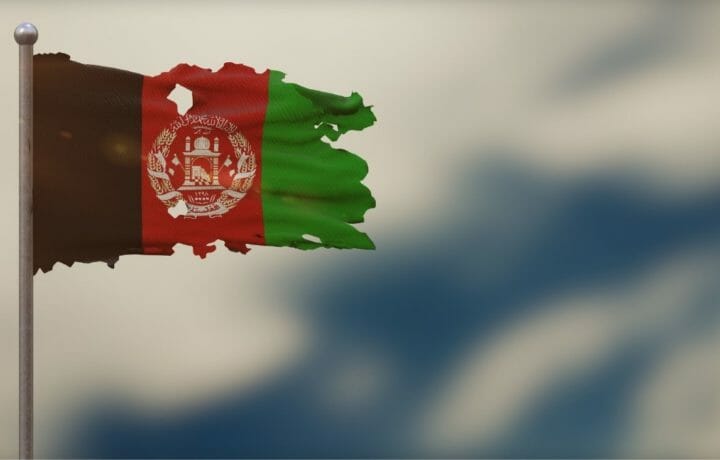On the heels of international calls for the UN to investigate likely genocidal activities against the Hazara in Afghanistan, more evidence of Taliban-Haqqani driven genocide comes to light. This time the targeted population is the Tajik segment of society.
Homicide or Genocide?
Since the August 2021 takeover of Afghanistan by the Taliban-Haqqani regime, the armed opposition to the terrorists has mostly come from areas and groups mostly populated by Afghans of Tajik descent. This has led to constant violent attacks on Tajiks as mass punishment. The Taliban-Haqqani actions have not just focused on military-aged males, but has included women, elders, and children.
This March, a shopkeeper in the Panjshir valley was among hundreds of civilians that were arrested the Taliban-Haqqani fighters. His lifeless body was later returned to his family. Ghulam Sakhi was tortured to death.
Tajiks are singled out across the country by the terror regime when they attend protests, go to school, drive in a car, or are just found in their home. The constant attacks, arrests, torture, and murder has led Afghans and their allies to demand an investigation into the likelihood that this is also a genocidal activity, similar in many ways to the Taliban-Haqqani persecution of the Hazara.
#StopTajikGenocide has been trending in Afghanistan this week and a quick scan of the tweets using this hashtag reveals story after story about Tajiks being hunted and killed by the regime. The timing for Afghans seeking justice via this awareness campaign is good. At this moment Richard Bennett, the UN Special Rapporteur on the situation of human rights in Afghanistan is visiting one of the hardest hit areas for these atrocities.
During his trip to the Panjshir Valley Mr. Bennett will have the opportunity to see things for the first time since taking up his current role. Unfortunately, he is being monitored by the Taliban-Haqqani terror regime. His future report on the activities of the Taliban-Haqqani in the Panjshir will be useful to human rights defenders and should aid in spurring the UN to dedicate more resources to monitoring and preventing genocidal activities by the regime and their terrorist allies and enemies in the country.
Celebrating Suicide Bombing
While the Tajiks and their allies have been working to raise awareness of these crimes, the Taliban-Haqqani regime celebrated the creation of and the use of suicide bombers in terrorist attacks.
The Taliban began using the hashtag “Fedayeen” (spelled in Pashto) to promote not just their past use of suicide bombers to murder Afghans, but their current and future capabilities to conduct mass murder with their suicide bombing battalions.
This trend was quickly countered by Afghans and their allies with #BanTheTaliban and instructions about reporting the Taliban-Haqqani accounts using the suicide bombing celebratory theme.
“I am from Afghanistan and I request @Twitter to #BanTaliban and stop promoting terrorism. If you are against suicide bombings, tweet #BanTaliban.”
-Abdulhaq Omeri, Freelance Journalist and Former @TOLOnews Senior Correspondent
In a rare instance of Twitter quickly responding to a Taliban-Haqqani terror threat, within days thousands of Taliban-Haqqani tweets and accounts were removed or suspended.
“So far #BanTaliban has removed the Taliban’s trend with more than 50k tweets from twitter and has suspended more than 1,000 Taliban accounts.”
-Habib Khan, Afghan Peace Watch
Time will tell if the calls for removing terrorists and their supporters from platforms like Twitter will make a dent in the Taliban-Haqqani terrorist’s propaganda capability.
The Mandate to Uphold Human Rights
This month, Richard Bennett’s mandate as the UN Special Rapporteur on the situation of human rights in Afghanistan was renewed for another 12 months by the United Nations.
The primary mission of the UN SR on HR in Afghanistan is to “Seek, receive, examine and act on information from all relevant stakeholders pertaining to the situation of human rights in Afghanistan; and undertake country visits to Afghanistan and to the region and engage with relevant stakeholders”
Learn more about the mission, and read the September 2022 Human Rights report on their website.
Reports of human rights violations can be emailed to Mr. Bennett’s team at “hrc-sr-afghanistan@un.org”



